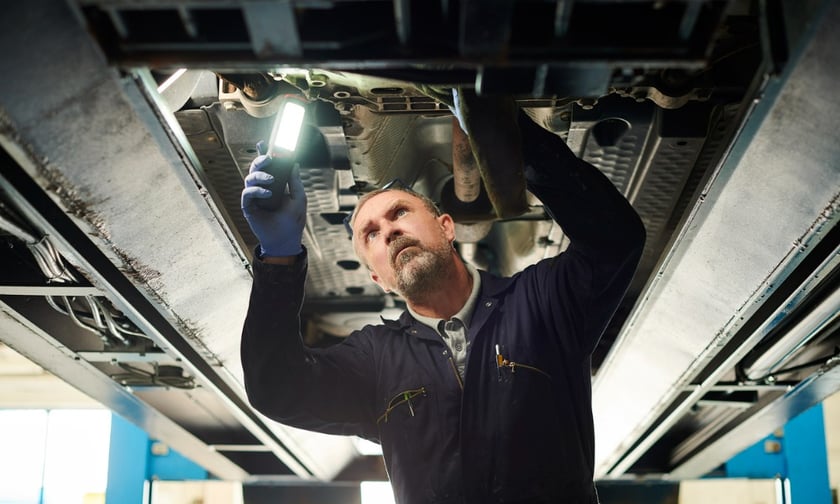

The Motor Ombudsman saw a substantial increase in service and repair disputes during the third quarter of 2024, marking a Q3 record. Between July 1 and September 30, it received 1,586 complaints from motorists, reflecting an 18% rise compared to Q3 2023’s 1,348 cases.
Although slightly lower than the second quarter’s record-breaking 1,657 cases, the figures underscore a continued surge in complaints, attributed to both higher consumer awareness of dispute resolution services and tightening financial pressures on vehicle owners.
Year to date, The Motor Ombudsman has logged 4,847 service and repair cases – an increase of 29% from the 3,763 submissions registered in the first nine months of 2023.
Drivetrain issues, which include engine, fuel, and exhaust-related problems, led the complaint categories, comprising nearly 40% of cases, though this represented a decline from 51% in the prior year’s Q3. Complaints in this area involved faulty timing chains, excessive oil consumption, and turbocharger failures.
Customer service complaints during vehicle servicing and repairs made up 32% of total cases – almost double the previous year’s 17%. Motorists reported issues such as unauthorised repairs, vehicle damage while in service, and repairs requiring multiple attempts to resolve issues.
Among all cases, 48% involved diesel vehicles, followed by petrol (43%), electric vehicles (5%), and hybrids (4%). To resolve disputes, 31% of consumers preferred a no-cost repair while 23% sought compensation and 19% requested full refunds.
On average, consumers seeking a financial resolution cited a compensation figure of £3,689, down 13% from last year’s average of £4,258.
Commenting on the increase in complaints, chief Ombudsman and The Motor Ombudsman managing director Bill Fennell stated: “The overall trend seen this year is that we have observed a significant increase in the number of contacts and cases across all of our Codes of Practice, not just in relation to service and repair disputes.
“With the rising costs of maintaining and operating a vehicle, coupled with the broader financial pressures on households, consumers are more likely to raise a complaint to help recoup any detriment that they may have considered to have suffered, and are submitting far more detailed and comprehensive evidence to bolster their case.”
Fennell also remarked on potential shifts in complaint categories as the EV market expands.
“With the car parc being predominantly petrol and diesel models, the drivetrain area of a vehicle continues to generate the highest volume of service and repair complaints, but this will no doubt see a shift once EV sales become more prominent in the run-up to 2030,” he said.
What do you think about this story? Share your thoughts in the comments below.
